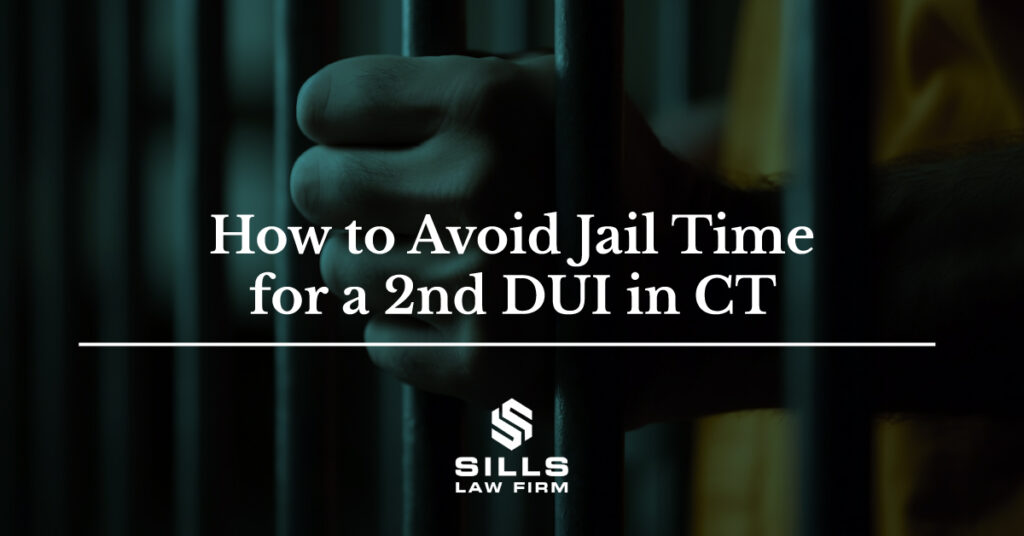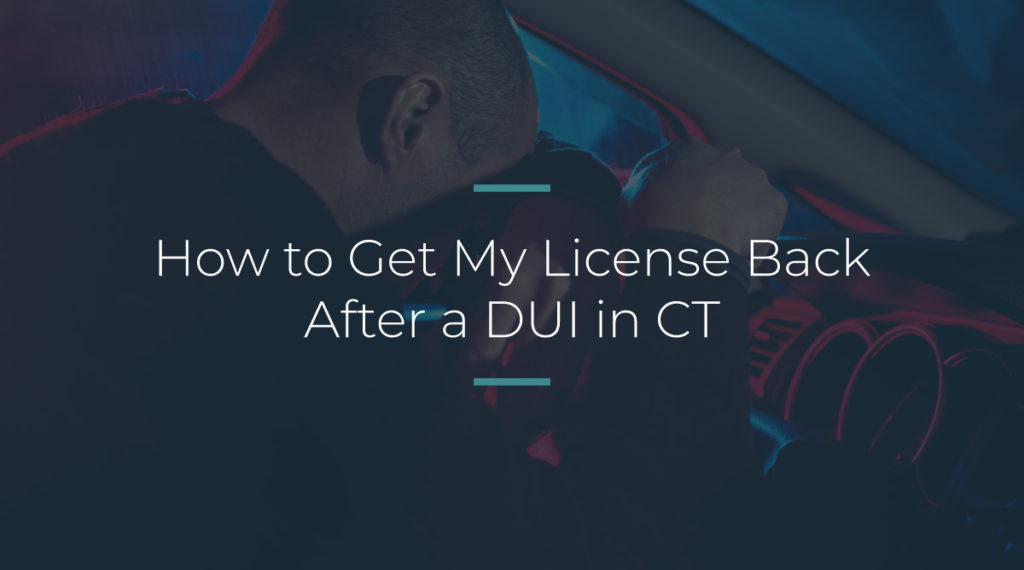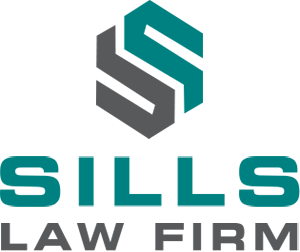More employers have been using background checks as a means to filter out anyone they may feel won’t be a desirable employee. If you are convicted of driving under the influence (DUI) of drugs or alcohol, a potential employer will be able to see it if they conduct a background check as part of your application.
Some companies may not care about a DUI conviction in particular, but others will see any crime as a mark of irresponsibility. However, people applying for jobs involving driving will have a much harder time if they have a DUI on their criminal record. If you lost your commercial driver’s license (CDL) at one point early in your career, your new employer might decide to go with the driver that doesn’t have a CDL disqualification on their record.
Both state and federal laws regulate the power of background checks. The federal Fair Credit Reporting Act (FCRA) applies to all states and prohibits the reporting of criminal arrests after a period of seven years. Criminal convictions, on the other hand, must be reported indefinitely. So if you were arrested for, but never convicted of, a DUI, you should be safe from discrimination based on your criminal background check. These restrictions only apply to jobs with a yearly salary of $75,000 or less, however.
Likewise, federal courts have also ruled Title VII of the Civil Rights Act of 1964 prevents employers from barring employment of people with criminal convictions unless they can give a compelling reason for doing so.
Connecticut recently passed a law that protects people with criminal records from employment discrimination. It passed a “ban-the-box” law to prevent applicants with a criminal record from being automatically rejected from a job. It went into effect January 1, 2017, and prevented employers of all sizes from asking applicants about their criminal history on initial applications for employment. They can, however, ask you about your criminal history at any other point in the hiring process, such as during the interview.
This law has only two exceptions. An employer can ask about your criminal history on an application if the employer is required to by federal or state law or the position requires a security or fidelity bond. Although, even if one of these two exceptions apply, the application must include a clear notice that defines the criminal records that are subject to erasure, states an applicant with erased records will be treated as if the arrest never happened, and states the applicant isn’t required to detail any expunged records of any kind.
If you’ve been arrested for a crime, make sure you give yourself the best chance of avoiding a permanent mark on your record. It will make the employment process much easier, even with these new state protections in place. Talk to one of our skilled Connecticut criminal defense attorneys at The Sills Law Firm about your case. Our lawyers are dedicated to defending the rights and freedoms of the people we help. Let us see what we can do for you.
Related:






